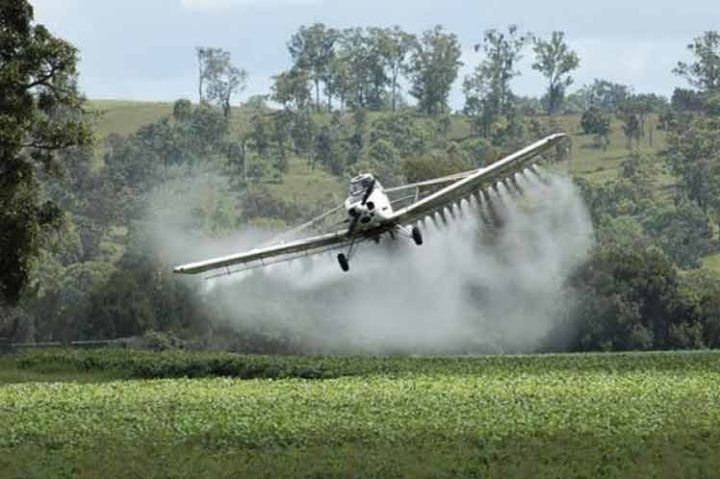The Interim Commission on Drug Policy of the Senate of the Republic of Colombia sent a technical document to both houses of the U.S. Congress, reiterating the evidence that glyphosate spraying has been ineffective in combating illicit crops and drug trafficking.
- The use of glyphosate only succeeded in reducing illicit crops for two years.
- From 2004 onward, illicit crops increased again.
- Between 1999 and 2006, the number of Colombian departments with coca increased from 12 to 23.
At a time when the recovery from the COVID crisis is pushing budgets to the limit, forcing Colombia to resume spraying coca crops is a multi-billion-dollar waste of resources, dedicated to a measure that has proved inefficient in the face of the great economic muscle that this illegal market has in our country and in the world. The best way to cut the profits of drug traffickers is taking away from them the peasant labor they need to maintain their business.
According to figures from the Ministry of the Environment and Sustainable Development, between 2016 and 2017, deforestation caused by illicit crops increased by about 30%. In 2017, deforestation associated with coca crops in Colombia represented 24% of the total deforested in the country. In other words, due to coca crops, 137 hectares of natural Colombian forest are deforested daily, which is equivalent to 161 soccer fields with coca in strategic ecosystems.
This communication is addressed to Kamala Harris, Vice President of the United States and President of the Senate; Patrick Leahy, President pro tempore of the Senate; and Nancy Pelosi, Speaker of the House of Representatives.
Download Full Document: US Congress – Colombian Congress – Glyphosate Fumigation (1)












